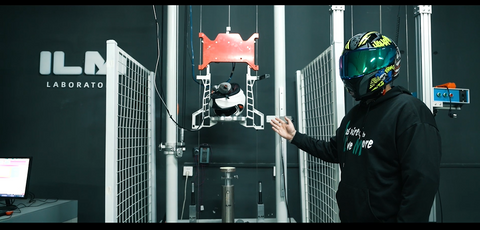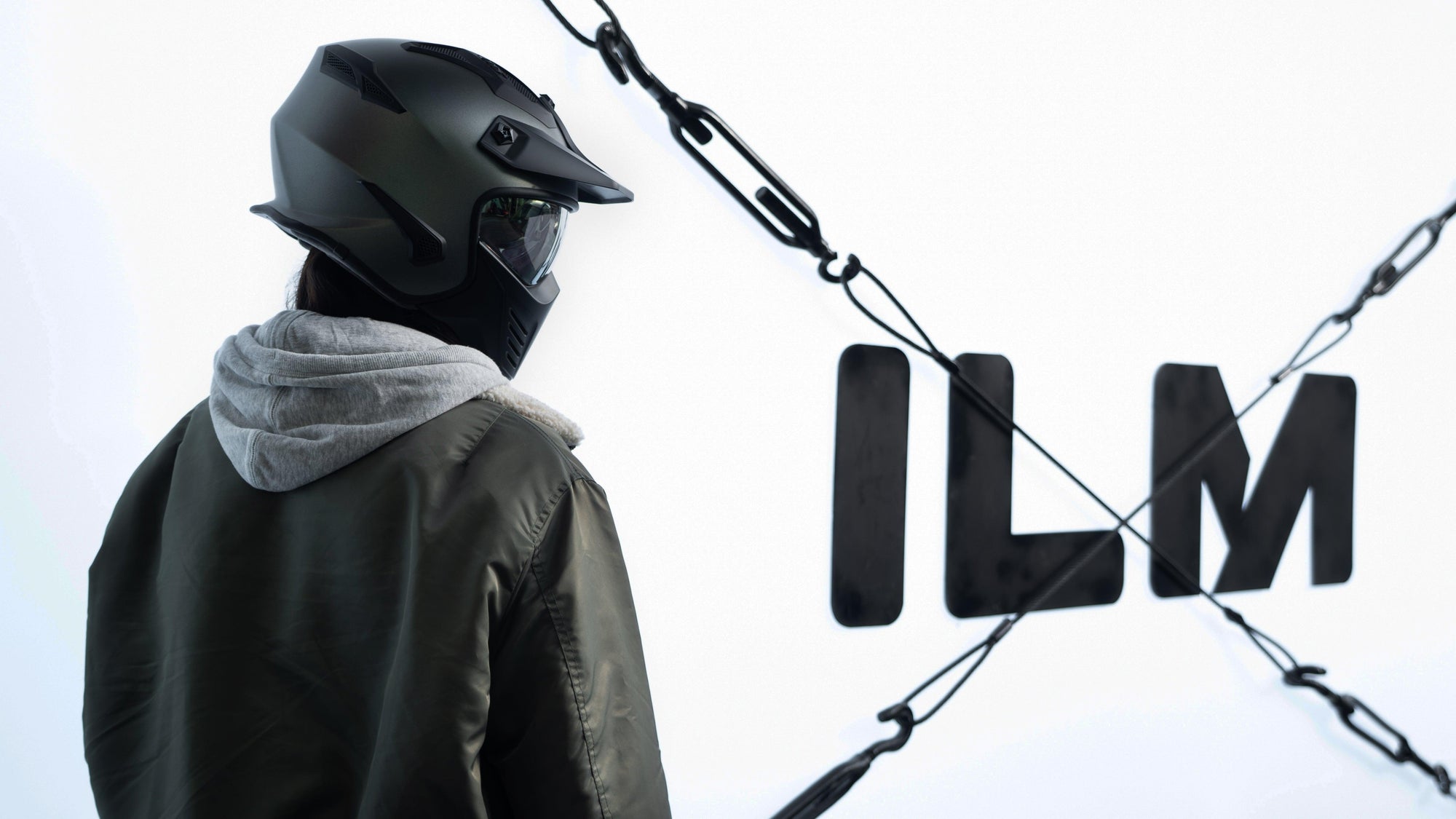There are three most common certifications on the market: DOT certification, SNELL certification, and ECE certification. You may only know these kinds of certifications for helmets, but you don’t know the difference between these certifications, and you don’t know why ECE certification can be recognized by the public. In this article, let's briefly analyze why ECE certification can get so much support.

DOT certification
DOT certification is a must-obtain certification for motorcycle helmets to enter the US market as stipulated by the US Highway Safety Administration (NHTSA).The certification adopts a manufacturer's guarantee system for the product. As long as the manufacturer claims to meet the standards stipulated by DOT, the DOT certification mark can be affixed to the helmet. As shown below:

This leads to the uneven quality of products on the market. However, NHTSA will conduct spot checks on helmets sold on the market. If they fail to pass the test, the seller will be required to recall the product and impose a high fine. This is also the main reason why DOT certification is not recognized by most people.
SNELL certification
SNELL certification covers a variety of helmets, among which the motorcycle helmet standard is M2020, and M2020 is divided into M2020D, which is biased towards DOT; M2020R, which is biased towards ECE. SNELL standards are generally updated every 5 years.

ECE22.06 certification
Helmet ECE certification is an approval system based on the technical quality standard (ECE Regulation No.22) formulated by the Economic Commission of Europe, and the helmet is tested and certified by an authorized institution. Currently, the No.22-05 and No.22-06 versions alternate. After March 1, 2024, the 22-05 version will not be available for sale.

To compare these three standards, we need to understand what changes ECE22.06 has made compared to its previous standards.

Some of the key updates in ECE22.06 are:
1. A new set of standards specifically for modular helmets.

Popular ILM Modular Helmet: B707, click on the link to view more information
2. Standards will apply to helmet accessories such as integrated visors, which they need to meet in order to pass the test. This is important because helmet technology and design have changed significantly over the past 20 years.

3. Helmets have more features available, so it is important to test these new components.

- Smart remote control functions add the ability to use turn signals. When emergency braking, the rear light will automatically turn on. The light will automatically turn on when the ambient light is low.
-
Smart braking warning function: When emergency braking happens, the rear lights will increase to 100% brightness to warn the vehicles coming from behind.
4. The testing procedure itself has been overhauled and the latest scientific techniques are applied to the process.

Note: The picture comes from the Internet, if there is any infringement, please contact to delete
5. Shock testing will see harder and faster shocks as well as low speed shocks. A new angle rotation will also be introduced in the impact test.

6. The visor will now face a penetration test where a steel ball is fired at it.

7. If the helmet comes with a Bluetooth communication kit, it needs to pass the test regardless of whether the helmet is installed or not.

【PRE-SALE】ILM E3-12LS Smart Helmet for Scooters
From these new standards added by ECE22.06, we can see that our helmets are becoming more and more diverse. And everyone's requirements for helmets are no longer satisfied with a single function. A helmet will be endowed with more functions and more new components. This also means that the testing procedures for helmets use more of the latest cutting-edge science and technology. In view of the tricky impact angles that we may encounter during riding, more angles are also introduced to test.

ILM Open Face Motorcycle 3/4 Half Helmet Model 726X
ECE vs. Snell helmets.
While some argue that ECE 22.06 is more effective than DOT, it is fair to say that the regulation is comparable to the Snell standard. The Snell Foundation believes that their testing procedures are more in-depth and effective than those applicable under the ECE 22.06 regulation. However, the Economic Commission for Europe would object. ECE 22.06 tests the abrasion resistance of helmet shells, while Snell does not. During impact testing, Snell ensures that two impacts are made at the same location chosen by the technician; whereas with ECE 22.06, only one impact occurs at the specific location specified in the regulations.
ECE vs. DOT helmets.
ECE certification is most similar to DOT certification, and manufacturers need to meet the relevant standards in order to sell motorcycle helmets that are legally recognized in their respective countries. The ECE 22.06 test is generally considered more stringent than the DOT test, which is considered the minimum requirement that a helmet needs to meet in order to be considered safe. The DOT impact test requires the helmet to be tested above a specific test line approximately one-third of the way from the top of the helmet. This means that the helmet can be reinforced above that point rather than below to pass the test. ECE 22.06 adds more different locations to test helmets. It's worth noting that either a DOT- or ECE-approved helmet will meet the minimum requirements to be considered valid in the event of an accident.



